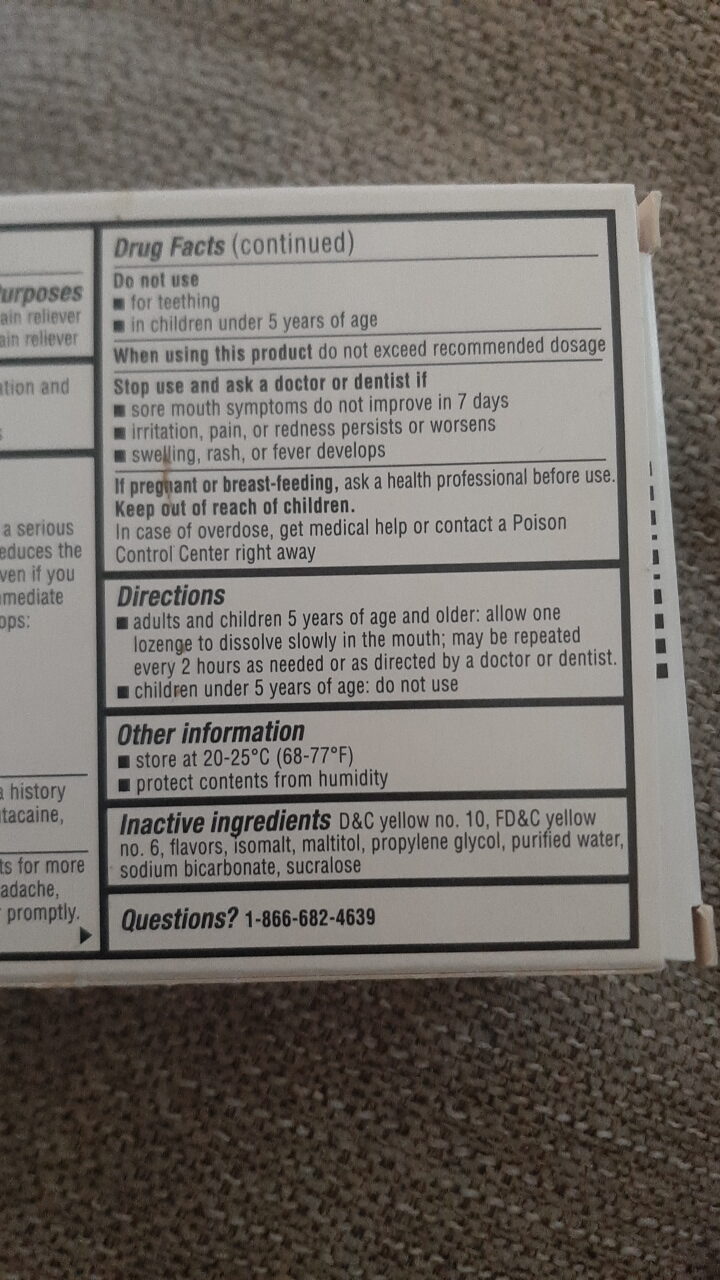
Barcode: 363824730165
None
HALAL
📝 Reason: The product is considered Halal as none of the ingredients are derived from Haram sources. However, the ‘flavors’ ingredient is marked as Doubtful due to its unspecified source, which requires Halal certification for clarity. Islamic sources emphasize the importance of consuming Halal and avoiding doubtful matters (Quran 5:3, IFANCA).
📄 Certificates: Vegetarisch, Vegan
Ingredients:
Details
Understanding the Halal Status of None
The product ‘None’ has been classified as HALAL, ensuring that it meets the dietary requirements for Muslims. The Halal status is determined primarily by the source of its ingredients and their potential to contain any Haram elements. In this analysis, we will explore the ingredients listed, their Halal status, and other important details.
Ingredients Breakdown
None contains the following ingredients: d&c yellow no. 10, fd&c yellow no. 6, flavors, isomalt, maltitol, propylene glycol, purified water, sodium bicarbonate, and sucralose. All but one ingredient have been confirmed as Halal, making it a suitable choice for those seeking compliant products.
1. d&c yellow no. 10
Also known as a synthetic dye, d&c yellow no. 10 is generally considered Halal since it is not derived from any Haram sources. More information can be found here.
2. fd&c yellow no. 6
Similar to d&c yellow no. 10, fd&c yellow no. 6 is regarded as Halal as well, being a synthetic dye with no Haram origins. For further details, visit this link.
3. Flavors
The ‘flavors’ component is currently marked as Doubtful due to its unspecified source. This means it requires Halal certification for clarity. Islamic teachings emphasize avoiding doubtful matters in consumption (Quran 5:3), so it is advised to consult the manufacturer or seek certified products.
4. Isomalt
Isomalt is a sugar alcohol which is considered Halal as it derives from a sugar source. It poses no concerns for Halal consumers. More information on Isomalt can be found here.
5. Maltitol
Maltitol, another sugar alcohol, is derived from starch and is also considered Halal. This ingredient is commonly used as a sugar substitute, and its source does not conflict with Halal requirements. Details can be found here.
6. Propylene Glycol
Propylene glycol is a synthetic compound used in various food products, and it is generally considered Halal. It does not come from any Haram sources, ensuring its acceptability in Halal diets. More insights can be accessed here.
7. Purified Water
Purified water is classified as Halal as it contains no Haram additives and is suitable for consumption without any reservations. For further clarification, more can be found here.
8. Sodium Bicarbonate
Sodium bicarbonate is a mineral compound that is also considered Halal. It neither derives from Haram sources nor poses any challenges for Halal consumers. More details are available here.
9. Sucralose
Sucralose is a synthetic sweetener deemed Halal as it does not arise from Haram substances. For more information, please refer to this link.
Certifications
The product also holds certifications for being Vegetarian and Vegan. This broadens its appeal to a wider audience beyond just those seeking Halal options.
Conclusion
In summary, the product ‘None’ is mostly Halal, with the exception of the flavors ingredient, which needs to be verified for Halal certification. It is crucial for consumers to be aware of the sources of their food products. Make informed choices to align your consumption with your beliefs. Always consult directly with brands for further clarity on specific items.
